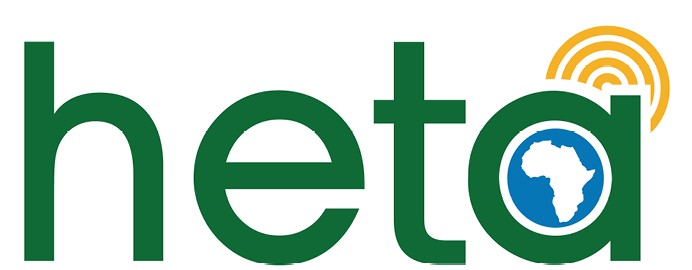TANZANIA
Explore HETA’s Work in Other Countries
HETA has been active in Tanzania
since February 2023. Our work is optimizing USAID’s
investments in the private health sector, complementing USAID’s PEPFAR funding and
improving private healthcare providers’ ability to meet clients’ needs and
support new service delivery models that make health services more convenient and
comprehensive. With our partners, HETA is developing customized, locally led business models
with built-in O&M plans so the energy and connectivity systems will continue supporting
high-quality health service delivery and access to data well into the future. HETA will
expand activities in subsequent years as we identify more needs and mobilize implementation
resources.
USAID Mission Funding
We received $600,000 in co-funding from
USAID Tanzania (Office of Sustainable Development and Infrastructure budgets) for
fiscal year 2023.
Facilities & People Reached
We reached 223 health facilities,
representing access to improved health services for the 1.9 million people in the
facilities’ catchment areas.
Local Partners & Leverage Resources
We formalized agreements with 7 partners and
mobilized $245,000 in leverage commitments.
Bundling Solar and Digital Solutions
HETA partnered with Maisha Meds and ZOLA Electric to expand energy access and digital solutions for rural and small-scale health facilities in Tanzania. ZOLA is an energy service provider specializing in solar home systems, which are perfectly sized to meet the energy needs of smaller pharmacies and drug shops. Maisha Meds sells a digital point-of-sale system, targeted at pharmacies and drug shops, to support improved stock management and financial recordkeeping.
Through these partners, HETA has rolled out a bundled solution
to improve digital connectivity and energy access gaps at pharmacies and
drug shops. HETA’s grant partly subsidizes the cost of solar
photovoltaic (solar PV) systems and digital connectivity devices, while ZOLA
and Maisha Meds provide in-kind leverage contributions, and Maisha Meds
trains health facility employees to use the software and conducts after-sale
follow-up calls to offer technical support and ensure continued use of the
system.
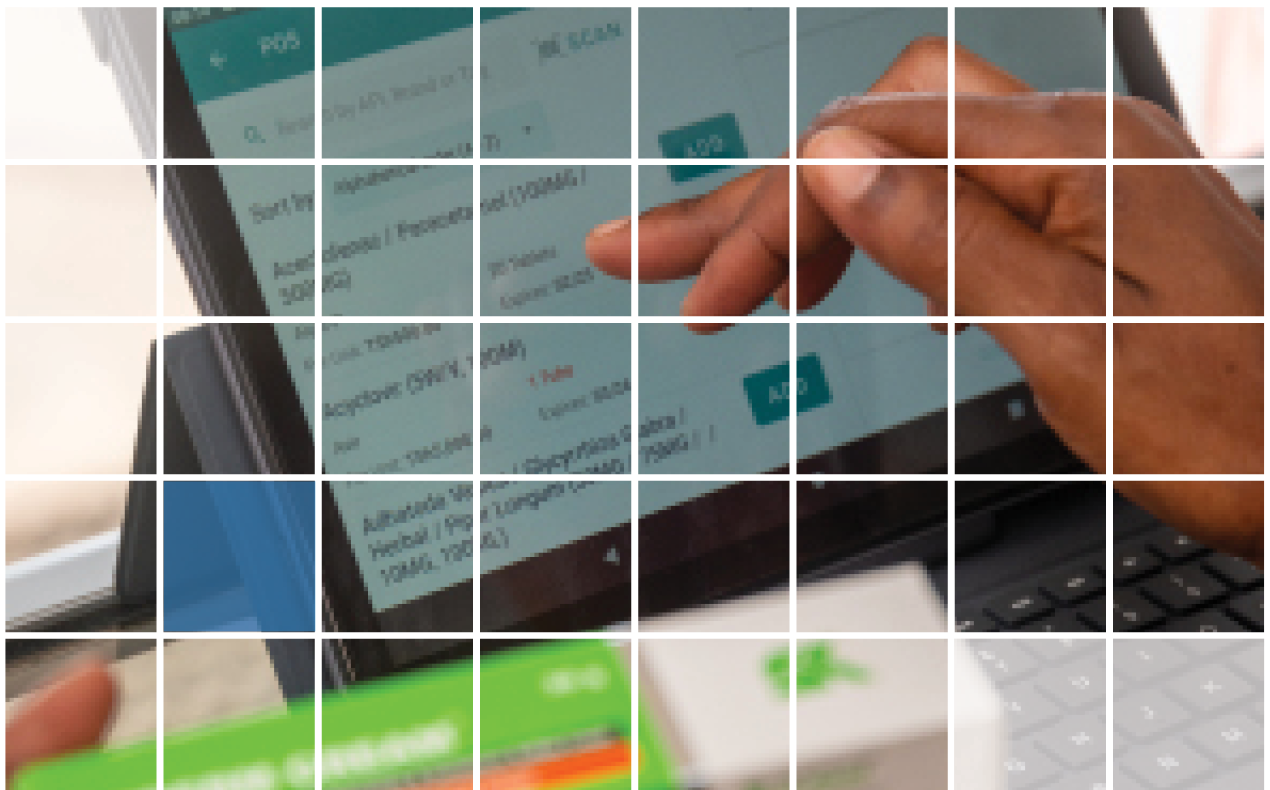
RESULTS
As of September 30, 2023, HETA had reached 223 facilities with solar PV and/or digital connectivity solutions. With a significant portion of pharmacies and drug shops owned or operated by women, our work directly supports women’s economic empowerment through improved business operations and income, enabling them to stay open longer and provide more people with access to health commodities for malaria, HIV, and day-to-day healthcare needs. These HETA-supported health facilities have catchment areas with the potential to serve some 1.9 million people.

Pharmacist Ella Chaula, owner of Chaula Pharmacy in Dar es Salaam, Tanzania, reports improved efficiency and ability to keep her business open as a result of HETA’s support. She says that frequent electricity outages in Dar es Salaam had been a problem, but with the solar panel on her shop, she can stay open at night without worrying about power cuts. The ability to stay open during power outages, combined with time saved from the digitalization of her business management system, is increasing her sales while helping her offset the costs of electricity, saving her money to put back into her business.
Partner Spotlight
Founded in 2017, Maisha
Meds has created the largest digital network of private pharmacies and
clinics across Kenya, Nigeria, Uganda, and Tanzania through
mobile software that delivers affordable care.
The Maisha Meds app has helped more than 2,800 businesses
operate by making sales, managing inventory, and tracking clients; it also
reimburses them for providing discounted care to clients for malaria, family
planning, and HIV prevention.
Maisha Meds’ work with HETA
enables pharmacies to transition from pen and paper and digitize their
operations—streamlining sales flow, payment tracking, and financial
reporting. It also provides detailed information about stock levels and
expiry dates, enhancing inventory management and waste prevention.
The system works both online and offline and periodically syncs data
with a cloud-based server.
Together, our goal is to empower providers
with the digital tools and connectivity they need to serve their
patients.
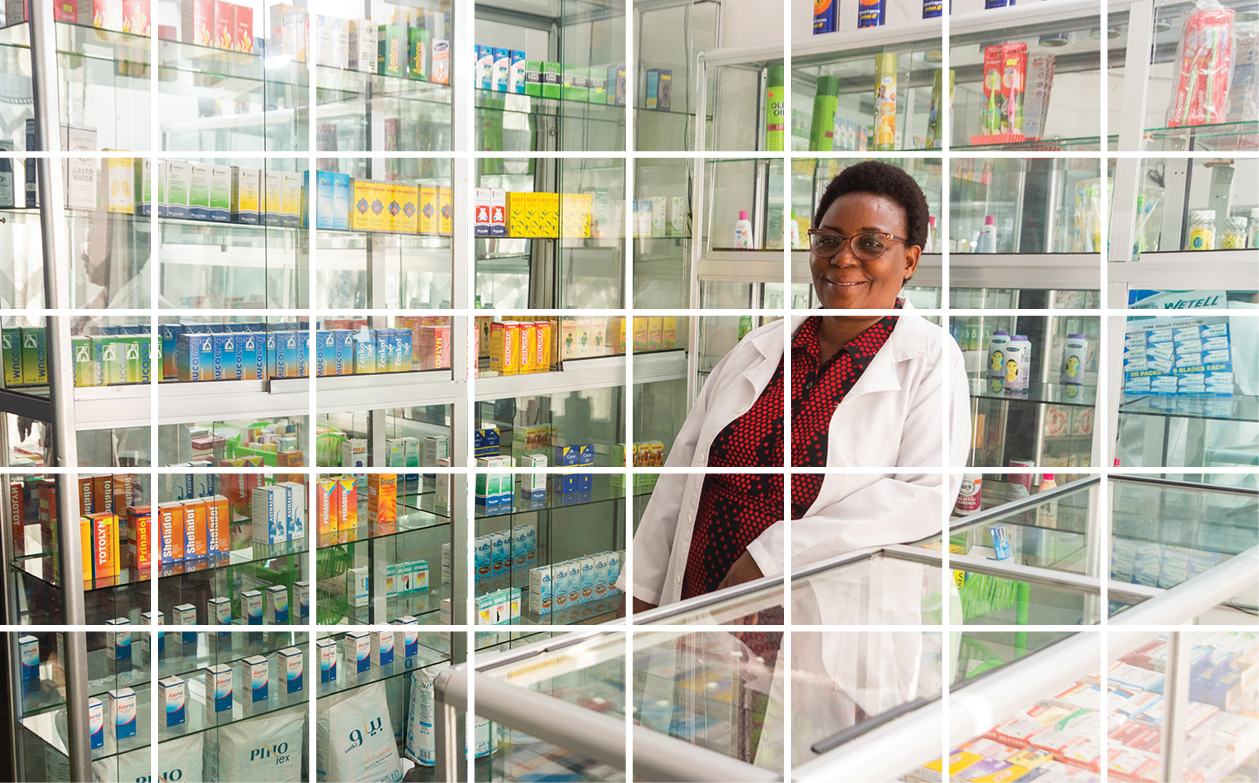
This includes installing energy hardware,
such as solar panels and batteries, through a strategic partnership with
ZOLA Electric, and providing the facilities with Maisha Meds
tablets.
Maisha Meds’ package includes training health
facility staff to use the software after it is installed on a tablet,
computer, or mobile phone. Through after-sale follow-up calls, Maisha Meds
supports continuous use of the software and helps resolve any challenges
that users might be experiencing.
ZOLA Electric was born in and around the Serengeti in Tanzania in 2011, initially installing smart, connected devices (batteries and solar) that powered basic energy needs, such as lighting for rural communities. ZOLA’s network combines the power of a family of products, all controlled by one operating system, VISION. Today, the network delivers reliable, affordable, and smart power to more than 2 million people and businesses across three continents.
With support from HETA, ZOLA aims to provide reliable energy
access to about 300 accredited drug dispensing outlets, pharmacies, and
smaller health facilities in Tanzania. The project involves a comprehensive
sales approach, with Maisha Meds as the digital solutions partner, that
includes partnerships with financial institutions and training sales agents
and door-to-door sales and after-sales services.
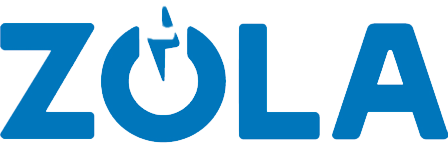

Strategic Partnerships for Sustainable Health Electrification
HETA has partnered with Christian Social Services Coalition (CSSC), Tanzania’s largest faith-based network of private health facilities (965 in all, of which about one third lack reliable energy access) and a local energy service provider, ENSOL (Tanzania) LTD. The goal is to electrify an initial 24 health facilities in CSSC’s network. This project involves dispensaries and health centers, with energy system sizes varying based on facility needs, typically from 2.2 kilowatt-peak (kWp) to 8.8 kWp.
Alliance member Caterpillar (through Assist International) is
contributing leverage equivalent to $40,000 for installation. HETA
founding partner bechtel.org provides project management oversight for the
installations. To ensure energy access improvements align with enhancements
to digital connectivity, HETA is also working with Vodacom to conceptualize
and deliver digital solutions.
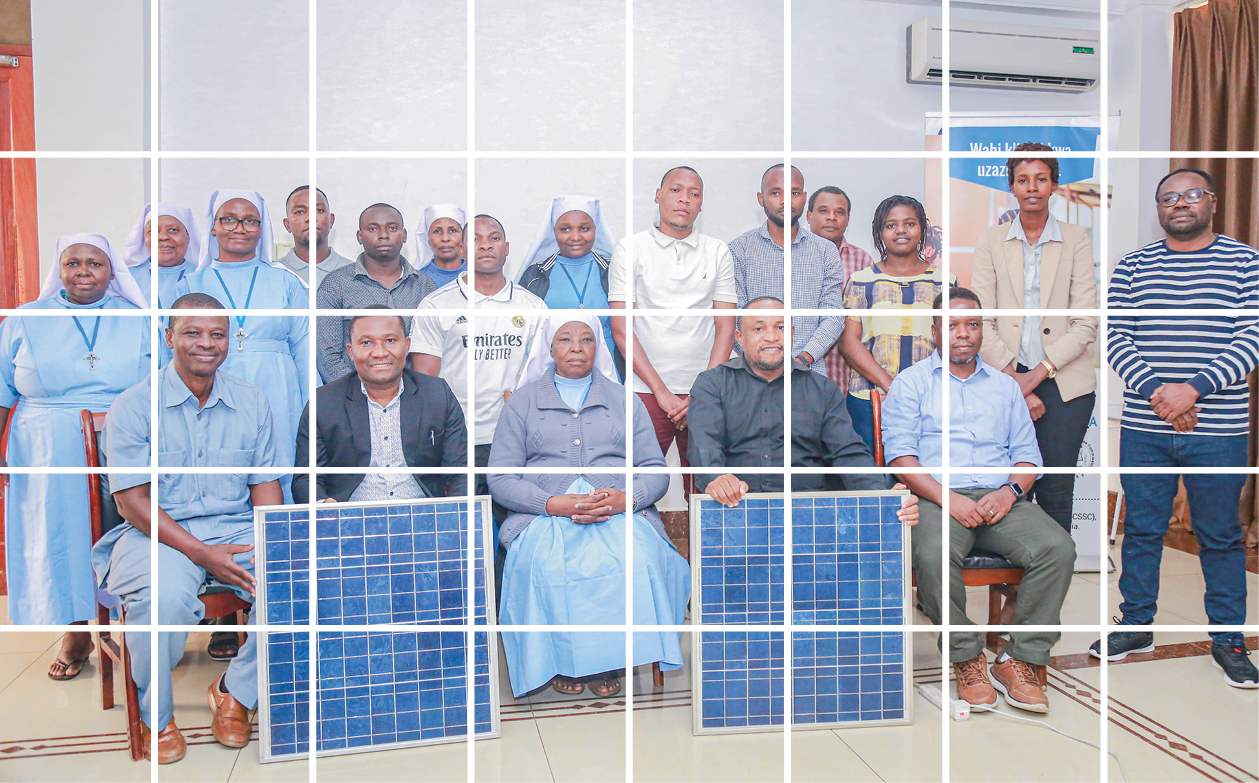
Sustainability is a feature of HETA’s partnerships.
We are working with CSSC on a strategy to ensure long-term O&M services for
HETA-supported facilities, including through the development of a new O&M
Fund financed with contributions from CSSC facilities. And we are working
with local engineering, procurement, and construction contractors, including
ENSOL, and strengthening local capacity to carry out O&M activities at each
facility.
Partner Spotlight
Assist International is a non-profit organization that partners with changemakers around the world to provide solutions that save lives and build resilient communities. Since its inception in 1990, Assist International has worked in 74 countries designing, managing, and implementing healthcare interventions as well as workforce development, renewable energy, and economic empowerment programs.
East Africa has been a primary focus for more than a decade,
leading to deep roots and expertise across Ethiopia, Kenya, and
Tanzania—exhibited through extensive medical oxygen programming, innovative
health workforce development, biomedical engineering training programs, and,
through HETA, electrification initiatives.

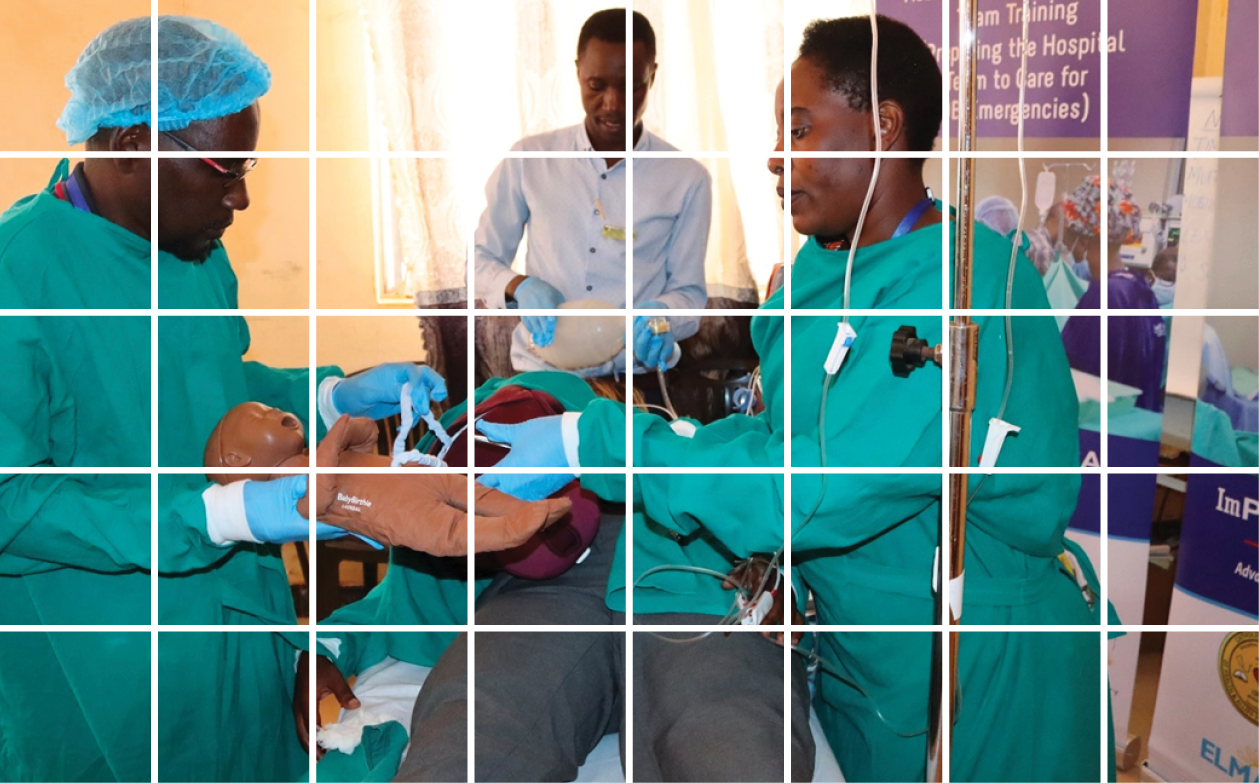
As a HETA partner in Tanzania (and potentially across sub-Saharan Africa), Assist International is partnering with Caterpillar Inc. to support health facility electrification, leveraging its record of success with infrastructure installation and health systems strengthening to ensure high-quality solar installations.
This report and the experiences it documents
were made possible through the support of the American people through the United States
Agency for International Development (USAID). It was produced by Abt Global for the Power
Africa Health Electrification and Telecommunications Alliance (USAID Cooperative Agreement
72067422CA00003).

